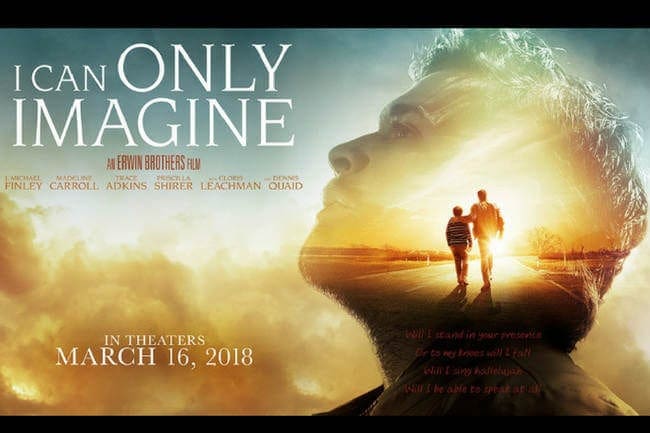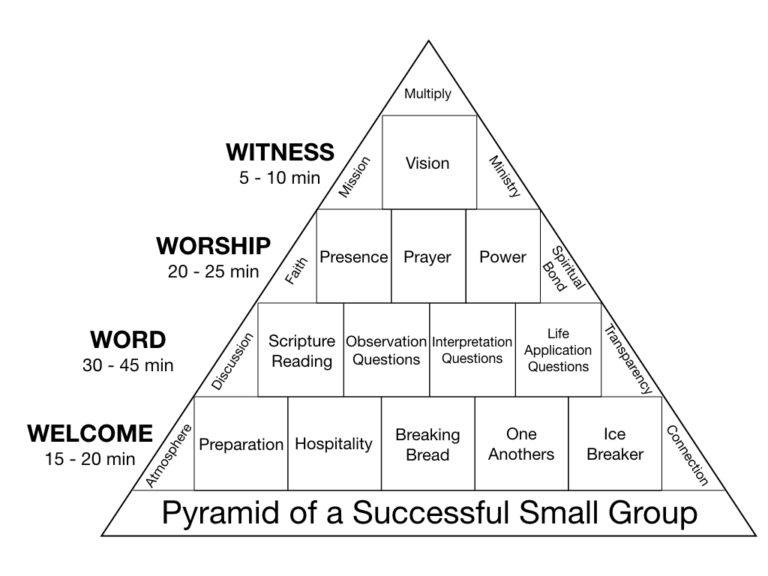Wasting time and energy may be one of my biggest pet peeves as a leader. Some days I leave work and feel I never got off the proverbial treadmill. It’s physically and mentally draining.
Does it ever feel like you are wasting valuable time and energy?
It can be frustrating to feel your most valuable commodity—time—has been wasted or you invested good energy on the wrong things.
I firmly believe when we get rid of some common drains on our time and energy we can dramatically improve our performance as leaders. With this in mind, I’ve observed, in my own personal development, some ways to eliminate time and energy wasters.
Here are seven ways this leader wastes time and energy:
Focusing too much attention on the naysayers.
I have found worrying over what critics are saying, especially the ones I have learned I will likely never make happy, delays progress and takes time and energy from me. Plus, it only detracts my focus from the positive people who believe in the vision and are supportive. Every decision a leader makes will make some happy and some unhappy.
I need to be humble, make sure I’m not making decisions alone, and filter through the constructive criticism I need to hear, but then give my best attention to moving forward.
(Oh, how I need to read my own thoughts every Monday morning.)
Refusing to delegate.
When I make every decision, or become too controlling as a leader, I rob myself and our team of valuable extra time and energy a talented team could have provided. I feel overwhelmed more quickly, the team feels under-appreciated and we all fail to accomplish as much as we should.
Sometimes it seems easier to simply do things myself. And, it may actually be easier in the short run, but it’s never the wisest decision long-term.
Second guessing decisions.
Sometimes I can wear myself out wrestling over a decision—even though I know I’ve covered all the bases I can. When I have prayed, sought wise counsel and followed my gut, it’s often best just to make the decision.
If I’m wrong, I find it is better to work to make better decisions moving forward rather than being timid about my next decision or living in a pity party of the bad ones already made.
Plus, the opportunity cost is huge when I take too long to make a decision.
Trying to have all the ideas.
Many leaders feel they have to be the originator of all the creativity of a team. Some do it it of pride and some mistakenly believe it’s what a leader must do. They waste time brainstorming alone and the energy created by expanding the creative process.
Consequently, the best ideas often never surface. Original thoughts, better than ours, are usually in the room or the organization if we will welcome them to the table.
Opening the process of discovery to other people also preserves my time and energy for more efficient uses and allows me to concentrate on things only I can do.
Living with bad systems and structures.
Let’s face reality. Over time, rules take on a life of their own. What was once created to improve efficiency actually begins to slow progress and waste valuable time. Plus, bad structure is an energy-drainer.
Change the rules, and, if possible, drop them. We need healthy guidelines, but the fewer restrictions we place on people the better they can perform and you often free up valuable space for people to actually enjoy their work. Morale boosters are always good for productivity.
Disorganization.
Many leaders feel overwhelmed because they don’t have good organizational skills. Learning how to better handle routine tasks such as processing emails, calendaring and scheduling work flow each week will drastically improve time efficiency and energy to do more work.
Knowing this, I tried to begin each day with a checklist of “must do” activities. I take time to plan out my week. I work from a pre-determined schedule, as much as possible. Sometimes, I will stop everything I’m doing just to take a mental break and organize my life. This may include something as simple as cleaning my desk, as well. It has also proven valuable that I learn the importance of the word NO and use it.
Being organized helps handle interruptions, which naturally come for all of us.
Completing tasks which prove unhelpful to my overall productivity.
This could be any number of things. Even reading a book, for example. Perhaps a silly example, but I have discovered sometimes I can read too much. It may sound strange, but really it’s because I read things I didn’t need to read. I start a book and within the first chapter I know it’s not helpful, or even enjoyable, but my sense of completion wants to finish. It would be better to put it aside and pick up another book.
Take a novel length email. I receive them often. I try to determine first if I’m the one who should respond. Many times I’m not, and I know it before I read and try to process it completely. The sooner I pass it on to someone more suitable the less time I waste.
It could be attending a meeting or supervising a project. Whatever it is—if I am not the best person for the job or it is just a time or energy waster—the sooner I say no or hand off the task, the more time and energy I preserve for other tasks I should be doing.
What time or energy wasters have you seen in leadership?
This article originally appeared here.


















